Nature reports
Category: Nature conservation
Page 8 of 18 - 177 Results
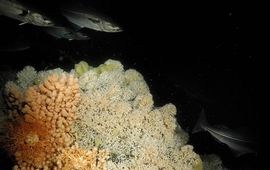
For the first time, proof has surfaced that even cold-water coral reefs that live in the cold and dark deep sea, grow in self-organised patterns. Such pattern formation is a ’trick’ that enhances the resilience of ecosystems under..
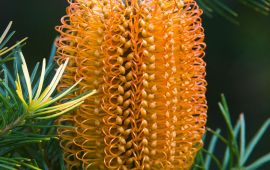
What different types of plants and fungi exist, how does variety in species arise, and how are the species doing? A new report from Kew Botanical Gardens released last Tuesday answers these questions. Naturalis researcher Renske..
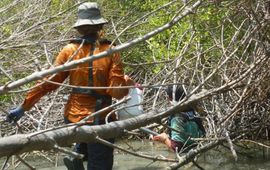
Along the Asian coastlines there are many areas where rural communities experience alarming rates of sea level rises due to land subsidence up to ten centimetres per year. This causes tremendous challenges on how to live there and..
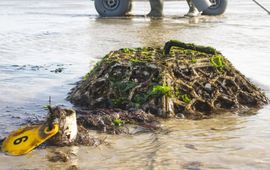
With 3D printed 'lampshades', made of biologically degradable material, NIOZ PhD candidate Daniel Varley and colleagues have found a successful formula to give oysters, mussels and other reef builders 'a kick-start'. Numerous..
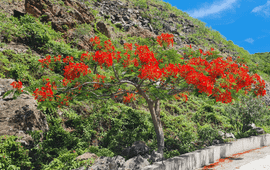
Over the next three years, the Public Entity Saba (PES) will execute a reforestation project to restore wild forests, improve local food production and enhance Saba’s image as a green destination. ..
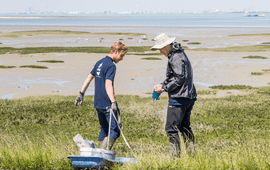
The expected increase in extreme weather could make the bottom of tidal flats more unstable. That's shown by NIOZ researcher Zhengquan Zhou in the PhD thesis he will defend at Utrecht University on September 7th. ..
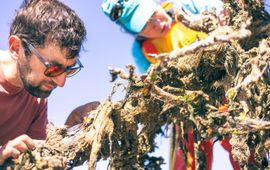
Artificial reefs in the Wadden Sea, made from discarded pear trees, are teeming with marine life after more than a year under water. That's shown in experiments by Jon Dickson, PhD candidate at NIOZ. "After four months, we already..
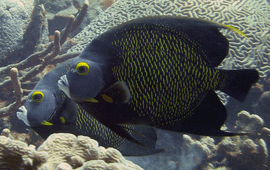
The Caribbean Netherlands’ Nature and Environmental Policy Plan 2020-2030 is an integrated plan to safeguard and enhance the natural environment over the next decade. ..
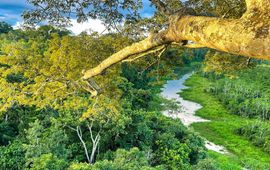
In certain areas in the Amazon, forests that were altered by humans during the past several hundred years may contain higher abundances of plant species that are more resilient to modern fire or drought events. ..
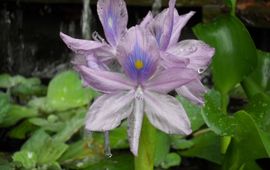
A free floating aquatic plant, water hyacinth, is becoming a significant issue for the islands of Aruba and Curaçao. This plant can negatively impact ecosystems by obstructing sunlight, depleting oxygen levels, disrupting water..
